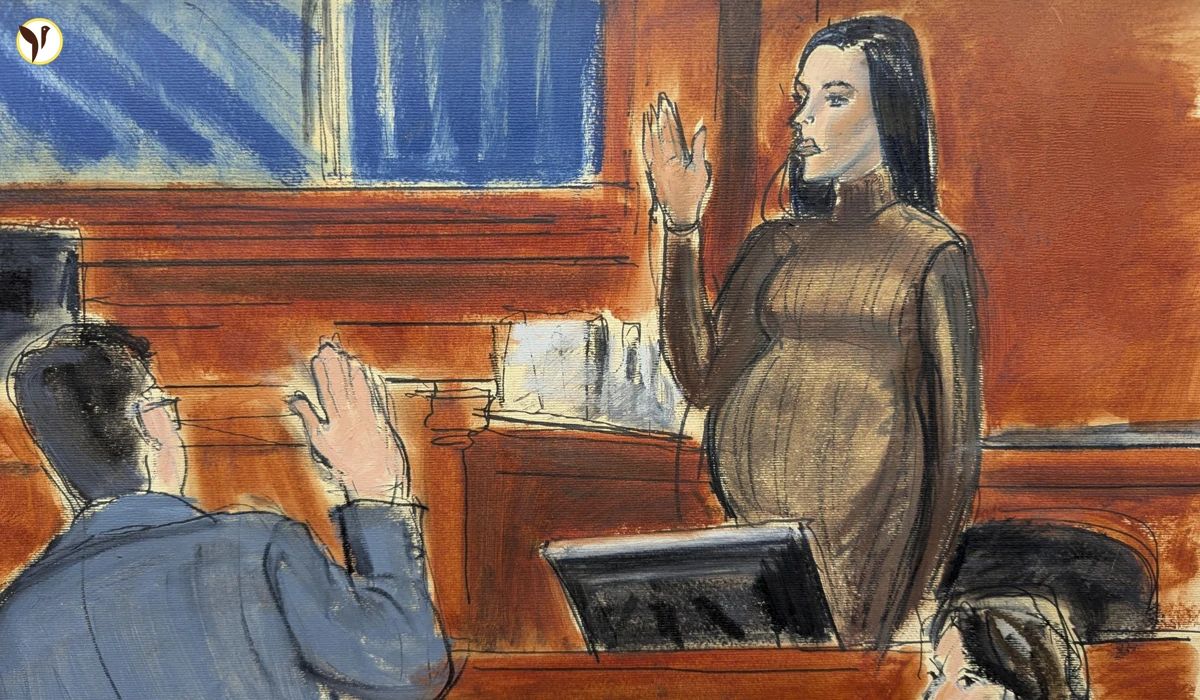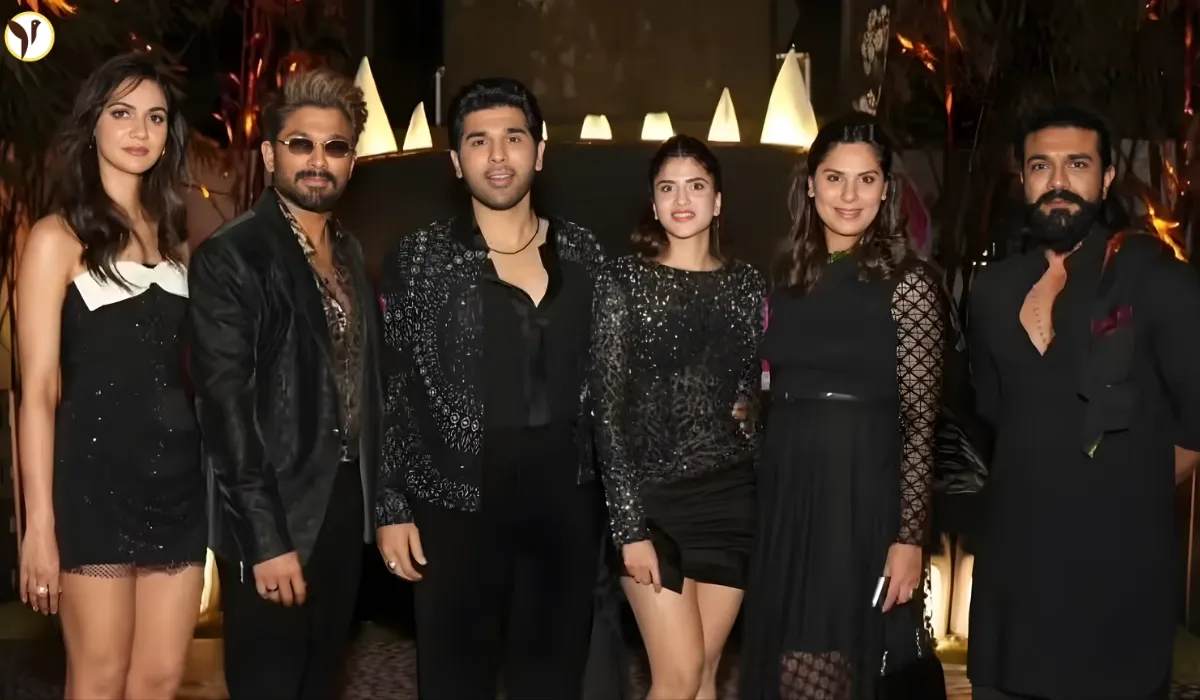Diddy's Trial: Cassie Ventura Testifies About Abuse and 'Freak Offs'
The second day of Sean “Diddy” Combs’s trial brought shocking testimony from his former girlfriend, singer Cassie Ventura. Ventura, on the stand for hours, detailed a disturbing pattern of alleged abuse and coercion during their on-again, off-again relationship that spanned from 2007 to 2018. Her account paints a picture far removed from the glamorous image often associated with the music mogul.
A Pattern of Control and Alleged Abuse
Ventura testified that Combs exerted significant control over her life, both professionally and personally. She claimed he would “punish” her by taking away her car, house, jewelry, phone, and laptop – sometimes using his staff or security to confiscate her belongings if she wasn't present. The alleged punishment, she said, depended on Combs' mood and the perceived severity of her "offense." The most chilling aspect, however, was her statement that he also took away her "self-confidence."
- Control over Possessions: Ventura described a system where her access to basic necessities and luxuries was directly linked to Combs’ approval.
- Emotional Manipulation: The alleged removal of her possessions served as a tool for controlling and diminishing her self-worth.
A previously released CCTV video, showing Combs allegedly assaulting Ventura in a Los Angeles hotel in 2016, was shown to the jury. Ventura described the incident as one of many "freak-offs," a term she used to describe coerced sexual encounters involving herself, Combs, and other individuals.
The Alleged 'Freak Offs': A Coercive Pattern of Sexual Encounters
Ventura described these "freak-offs" as voyeuristic encounters where she was expected to have sex with other men, often paid escorts, while Combs watched and directed the activity. The first encounter, she recalled, occurred when she was just 22. She explained that while she was deeply in love with Combs, and wanted to please him, she felt immense pressure and a lack of choice in participating. This feeling of powerlessness continued throughout their relationship.
- Coercion and Control: Ventura's testimony painted a picture of a sexual dynamic where consent was actively undermined through manipulation and fear.
- Emotional Distress: She described feeling "confused, nervous" during the first encounter, revealing the immense pressure and psychological toll these events had.
- Frequency and Duration: Ventura stated that these encounters happened frequently, sometimes lasting for several days at a time, and often involved drug use, leaving her exhausted and emotionally drained.
Ventura further alleged that Combs used blackmail, threatening to release recordings of the encounters if she refused to participate. She also testified that Combs' alleged physical violence was frequent, involving head-bashing, kicking, and dragging.
One particularly disturbing claim involved an alleged incident where Combs forced an escort to urinate in Ventura’s mouth. The alleged physical and emotional abuse left a deep impact on Ventura.
The Ongoing Trial and Its Implications
Combs has pleaded not guilty to all charges, including sex trafficking, racketeering, and sexual assault. His attorney has maintained that all sexual encounters were consensual and that any physical violence was not abusive. The trial is expected to last several weeks, with Ventura’s testimony continuing. The outcome will undoubtedly have significant implications for the ongoing conversations surrounding power dynamics and sexual consent within the music industry, particularly in the context of celebrity relationships.
Conclusion
Cassie Ventura's testimony has offered a harrowing glimpse into the alleged abuse she suffered during her relationship with Sean "Diddy" Combs. Her courage in coming forward and sharing her story is vital in bringing light to the complex issues of coercion, control, and the manipulation of power within relationships. The trial’s outcome remains to be seen, but Ventura's testimony serves as a powerful reminder of the importance of addressing and believing the experiences of survivors.









